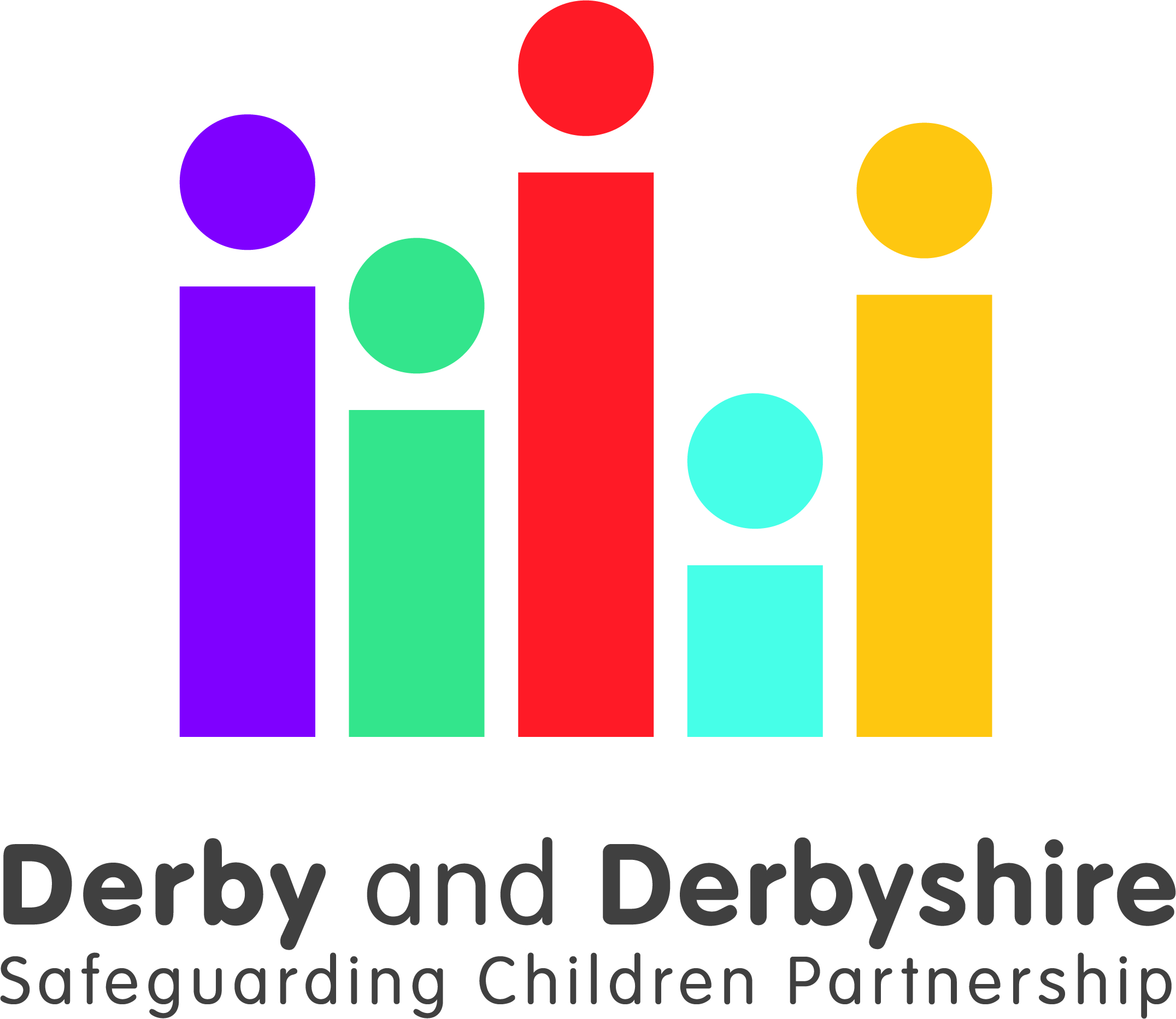Children and Young People’s participation
What do we mean by children and young people’s participation?
Participation is a process where children and young people are listened to and able to influence decisions about their lives which brings about change. This is important in all aspects of a child’s life at home, in their community and at school and is key part of everyone’s safeguarding roles and responsibilities.
Anyone working with children and their families should see and speak to the child, listen to what they have to say, take their views seriously and work with them when deciding how to support their needs. Children’s participation is key to improving outcomes for children.
This child centred approach is supported internationally by the United Nations Convention on the Rights of the Child as well as by national legislation and guidance. In the UK children have told us they need:
- Vigilance: to have adults notice when things are troubling them
- Understanding and action: to understand what is happening; to be heard and understood; and to have that understanding acted upon
- Stability: to be able to develop an on-going stable relationship of trust with those helping them
- Respect: to be treated with the expectation that they are competent rather than not
- Information and engagement: to be informed about and involved in procedures, decisions, concerns and plans
- Explanation: to be informed of the outcome of assessments and decisions and reasons when their views have not met with a positive response
- Support: to be provided with support in their own right as well as a member of their family
- Advocacy: to be provided with advocacy to assist them in putting forward their views
See Working Together to Safeguard Children (2018) page 10
Local information and resources
The Children and Young People Participation Process outlines the ways in which children and young people should participate in child protection conferences. This includes the completion of a Consultation Form - My Wishes and Feelings.
Helping children and young people at a child protection conference
A person called an advocate can help children and young people speak up for themselves at Child Protection Conferences.
Professionals or young people can ask for an advocate by ringing their freephone number 08000286977 or texting 07717740557.
Advocates can help in a number of different ways:
- Going to the meeting with a child or young person, to support them to say what they want to say
- Going to the meeting with a child or young person and speaking on their behalf if that is what they want
- Going to the meeting if the child or young person doesn't want to, and explaining to the people at the meeting what the child or young person wants them to hear
They can help a child or young person to prepare for the meeting and to write something down if that is what they want.
There are a couple of leaflets that children and young people might find useful:
- Young Persons Guide to Working Together to Safeguard Children
- Young Persons Guide to Keeping Children Safe
Children in Care
Children in Care Council
Derby’s Children in Care Council is a group open to children and young people of Derby who are looked after by Derby City Council aged between 10 and 21 and live in and around Derby.
They meet on the first Wednesday of each month at the College Business Centre, Uttoxeter New Road at 4.30pm to 6.30pm.
The Children in Care Council:
- discuss issues that matter to us and other young people in care.
- invite guests to come and talk to us
- campaign for changes to make things better.
- organise trips and activities.
- have competitions and win spot prizes and vouchers!
- play games, have dinner together, make friends and have lots of fun.
More details of the work of the Children in Care Council are available
- The Pledge to children in care
- The Children’s Rights Service – Advocacy for Looked after Children
National information and resources
My world triangle - a helpful tool to support practitioners develop a child focused assessment of needs and strengths
Children's participation in decision-making: a children's views report (2014) Children’s Commissioner
The Children’s Commissioner has also published three reports about Helping children get the care experience they need: Independent advocacy for children and young people in care









